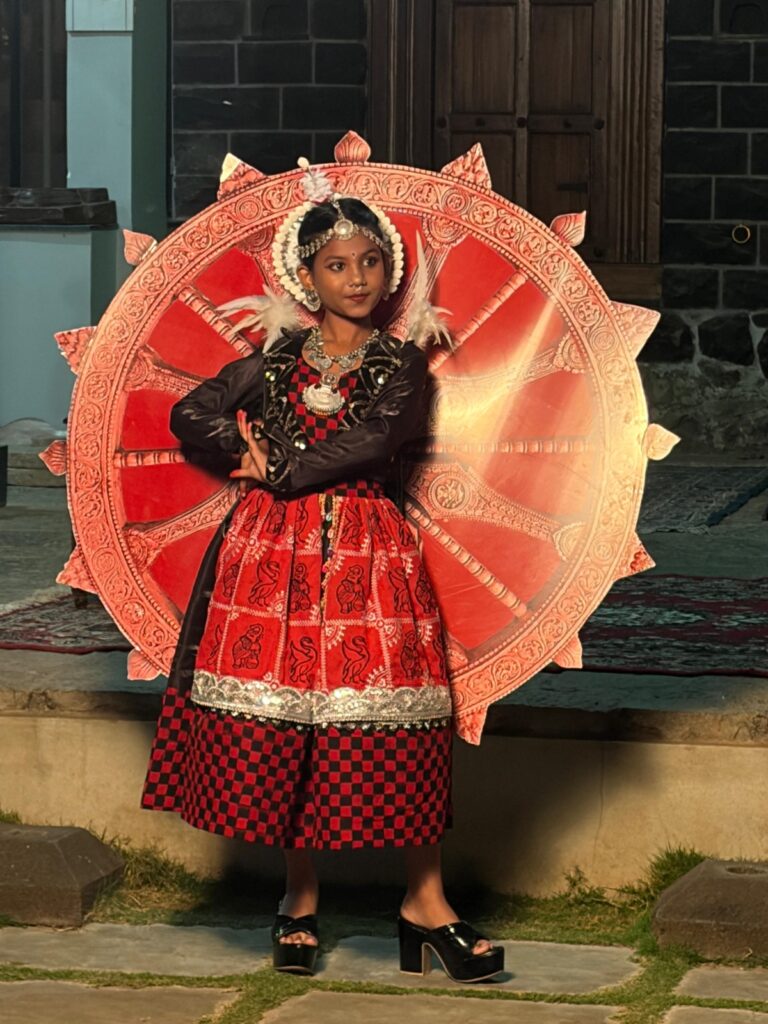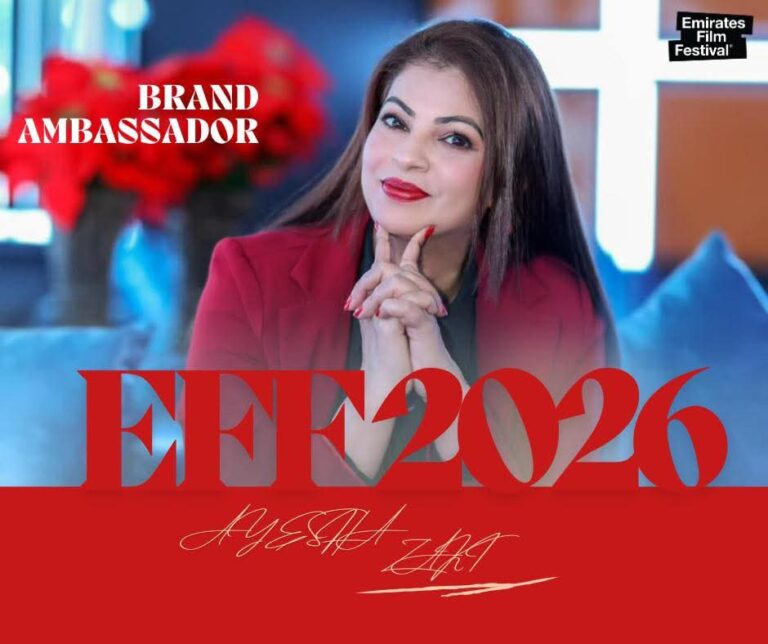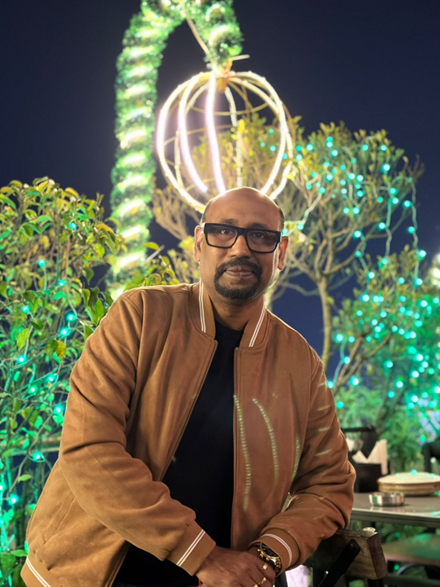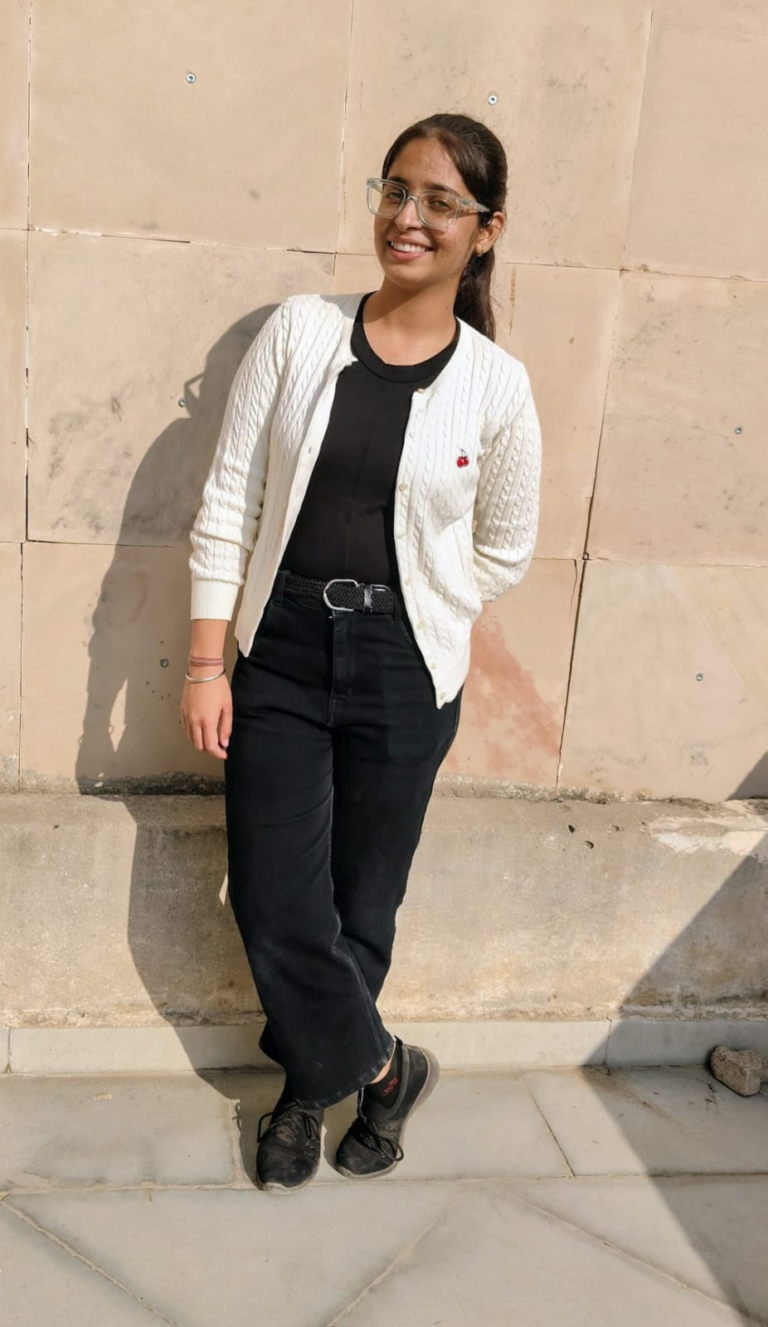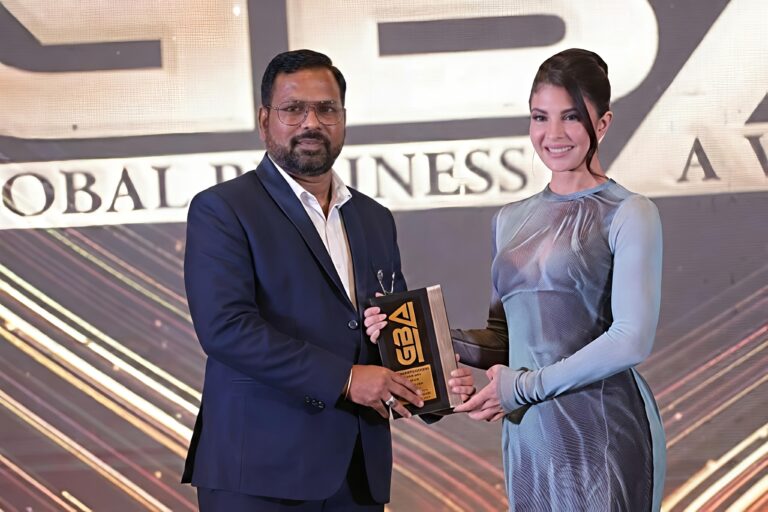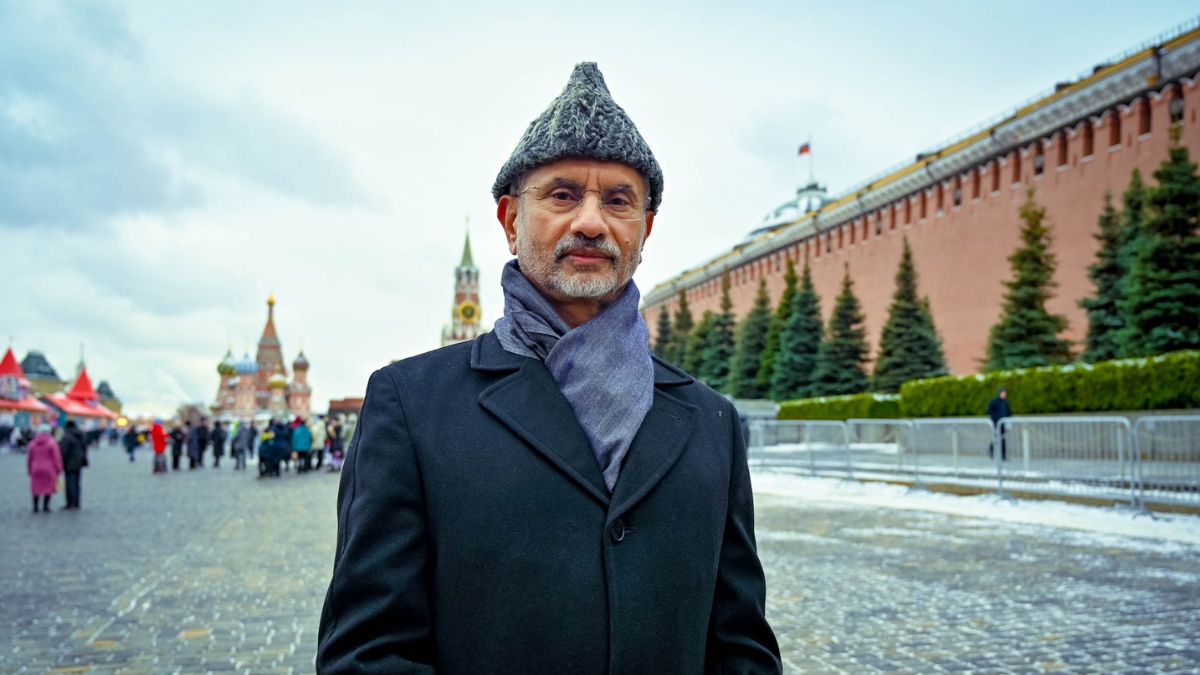
#Dr. Jaishankar, Pic credit- English Jagran
Dr. Jaishankar, In a significant diplomatic move, Indian External Affairs Minister Dr. S. Jaishankar recently landed in Moscow, marking a crucial step towards fostering stronger ties between India and Russia. The visit, characterized by high-level talks and strategic discussions, aims to address and enhance various bilateral issues that hold paramount importance for both nations.
India and Russia have had a strong and long-lasting relationship throughout history, one that is based on respect and cooperation. Dr. Jaishankar, both countries must strengthen their diplomatic ties because the world geopolitical environment is undergoing dynamic changes at the moment of his visit. A wide range of topics, from trade and defense to cultural exchanges and scientific cooperation, are anticipated to be discussed during the Moscow negotiations.
One of the key areas of focus is likely to be economic collaboration. Both India and Russia are keen to explore avenues for boosting trade and investment. Jaishankar’s discussions with his Russian counterparts are expected to pave the way for the signing of crucial agreements that will facilitate smoother economic ties. Enhancing economic cooperation is not only in the interest of both countries but also contributes to regional and global stability.
Defense ties have traditionally been a cornerstone of the Indo-Russian relationship. The two nations have a history of successful defense collaborations, including joint military exercises and the procurement of advanced defense technology. The Moscow talks are anticipated to delve into further strengthening defense cooperation, potentially leading to new agreements and initiatives. In an era marked by evolving security challenges, robust defense ties between India and Russia are essential for maintaining stability in the region.
Cultural exchanges and people-to-people ties are also expected to be on the agenda. Both countries recognize the significance of fostering cultural understanding and promoting tourism as a means to strengthen diplomatic relations. Jaishankar’s visit provides an excellent opportunity to explore ways to deepen cultural ties, enabling citizens of both nations to better understand and appreciate each other’s heritage.
Scientific and technological collaboration is another area where India and Russia have the potential for substantial growth. The talks in Moscow may include discussions on joint research projects, academic partnerships, and the exchange of scientific expertise. Such collaborations can not only drive innovation but also contribute to addressing shared global challenges, such as climate change and public health crises.
As the world grapples with the complexities of international relations, India and Russia are reiterating their commitment to a multipolar world order. The Moscow talks, spearheaded by Dr. Jaishankar, are a testament to the countries’ determination to navigate the evolving global landscape together. By addressing bilateral issues comprehensively, the two nations are poised to reinforce their strategic partnership, ensuring that it remains resilient in the face of emerging challenges.
In conclusion, Jaishankar’s visit to Moscow holds immense significance for the diplomatic ties between India and Russia. The discussions are anticipated to lay the groundwork for a more comprehensive and dynamic partnership, covering economic, defense, cultural, and scientific domains. As both nations reaffirm their commitment to collaboration, the outcomes of these talks are likely to shape the trajectory of the Indo-Russian relationship for years to come.


